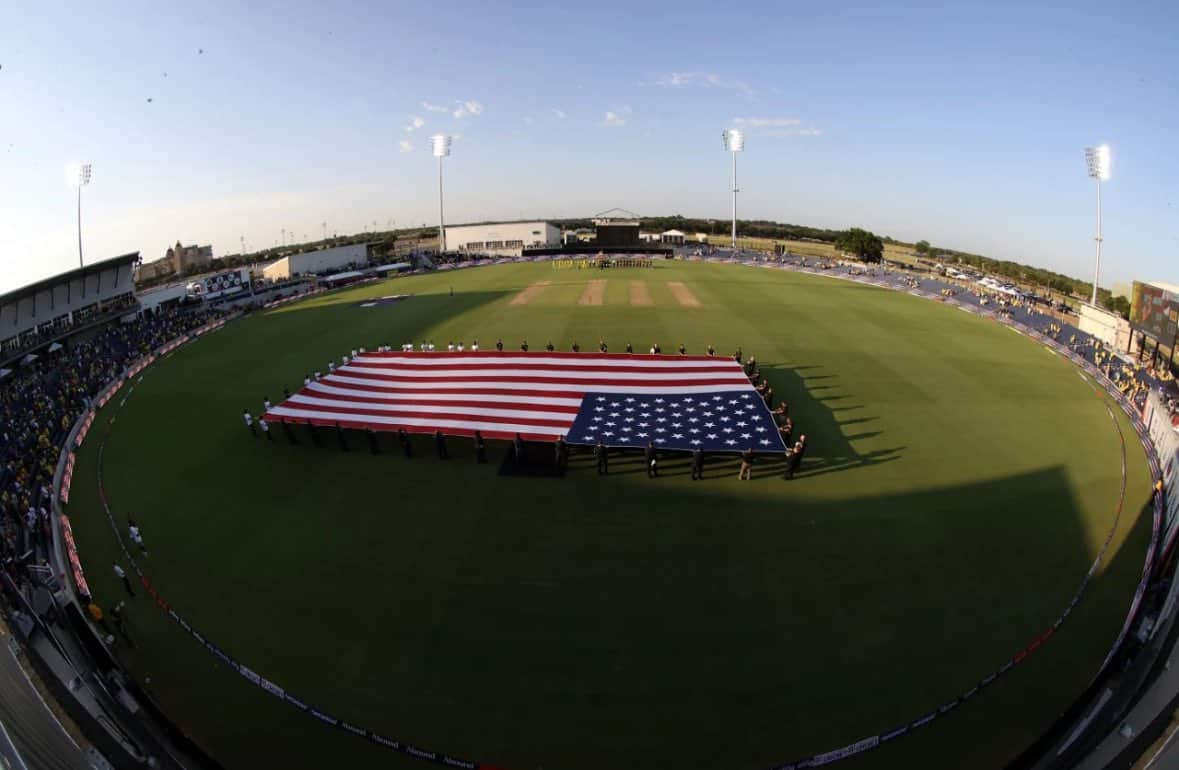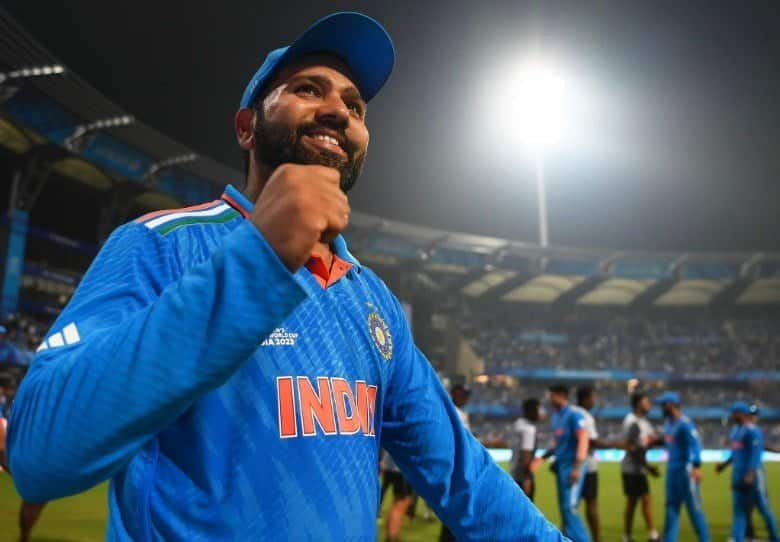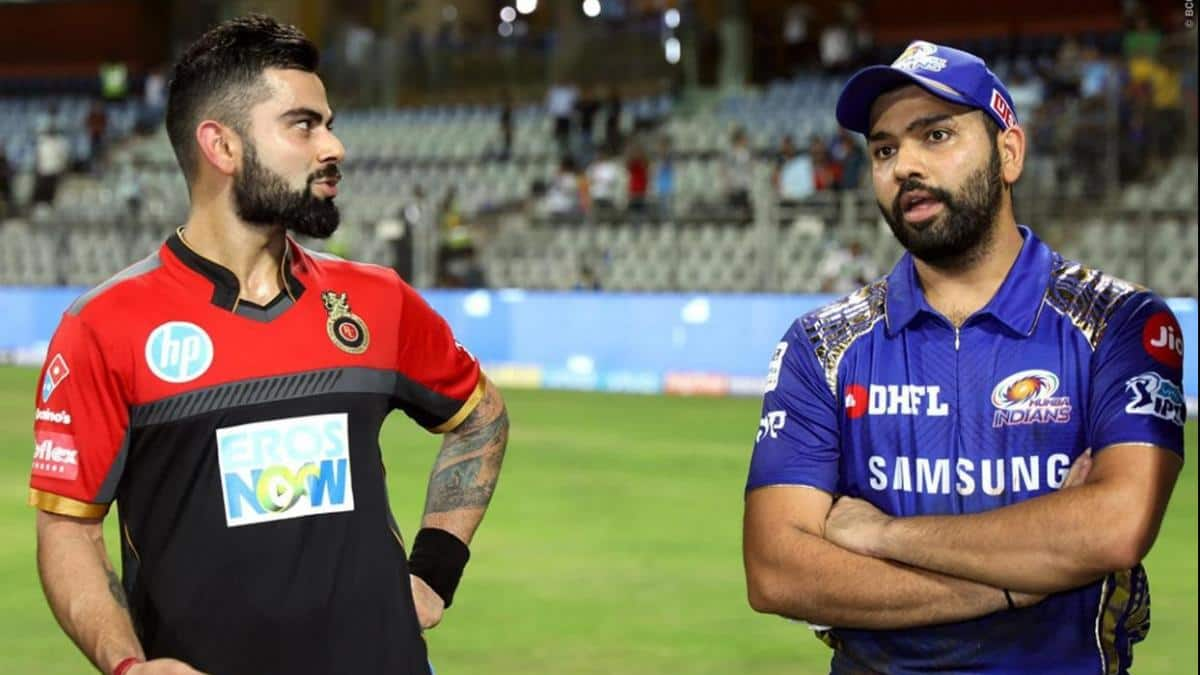The New Stop Clock Rule Can Lead Up To Five Runs Penalty In ICC T20 WC; Here's How
.jpg) ICC to mandate Stop Clock rule into T20s and ODIs from June this year (X.com)
ICC to mandate Stop Clock rule into T20s and ODIs from June this year (X.com)
After months of trials, ICC is set to implement a new ‘Stop Clock’ rule into white ball formats starting with the ICC T20 World Cup scheduled later in the year. A bowling team can face up to a five runs penalty under this new law. Here’s all you need to know about the law.
To ensure the timely completion of white-ball games, ICC experimented with a ‘Stop Clock’ rule last year. Under this law, the gap between overs cannot exceed 60 seconds. Once a bowler finishes his over, a huge clock will display on the big screen, running the countdown.
The next bowler must take charge before the 60-second countdown runs out, or else the batting team will be awarded five penalty runs.
Here’s everything you need to know about the rule
- The Stop Clock will be displayed on the big screens to ensure transparency. The 60-second countdown can be determined by the third umpire.
- A bowling team will be allowed two violations, with the third one eventually resulting in a five-run penalty.
Exceptions
- The 60 seconds stop clock will be stopped in case of a fall of wicket where a new batter comes in, during drinks break and on-field treatment to injured players.
- Additionally, the Stop Clock won’t be activated in case of unforeseen circumstances beyond the control of the fielding team.
Notably, the Stop Clock law will come into effect in all ODI and T20 international matches held between member nations from June 1, 2024. While the law will debut in the ICC T20 World Cup scheduled in the West Indies and the USA, a few games will be exempted due to the absence of member nations.
Interestingly, in a statement released by ICC, the new law could possibly save 20 minutes per ODI match and ensure timely competition of all white ball games. While the apex body initially planned to run the trial until April 2024, conclusive results encouraged the board members to speed up the approval process.



.jpg)


)
![[Watch] Naseem Shah’s Brother Nails A Perfect Yorker To Sign Quetta Off From PSL 2024 [Watch] Naseem Shah’s Brother Nails A Perfect Yorker To Sign Quetta Off From PSL 2024](https://onecricketnews.akamaized.net/parth-editor/oc-dashboard/news-images-prod/1710532241772_Work - OC (5).jpg)